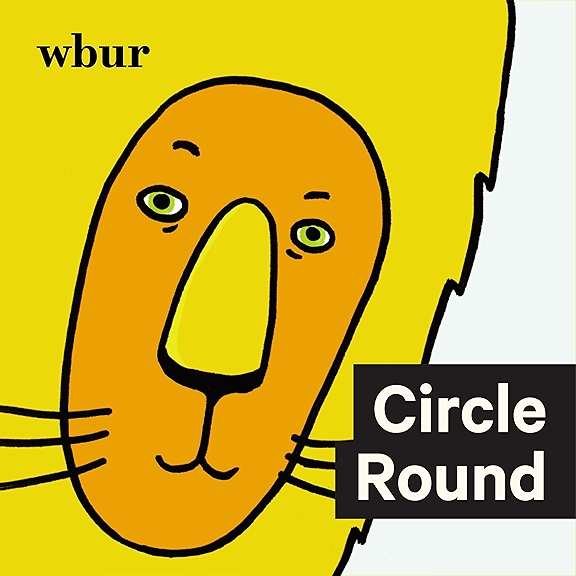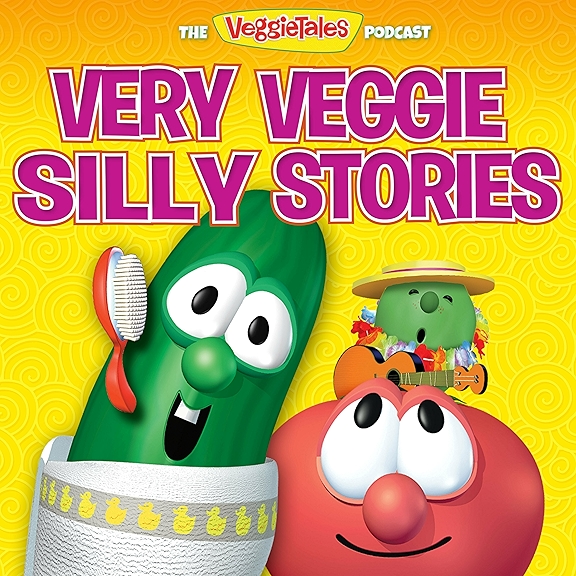
When I first became a parent coach, I talked a lot with moms about how feelings matter. Over the past 15 years, I’ve seen a shift. Now there's a lot of awareness about emotions and validation, but I find myself talking more and more about how important it is to have consequences and teach kids that their behavior has an impact.
In this episode, you’ll learn:
- Why gentle parenting information is often incomplete
- Why it’s not enough just to stop yelling and talk about feelings
- How we experience real-life consequences as adults (and how we can use it as a model for parenting)
- How to protect your own energy
This confusion over, “Ok, I validated their emotion. Now what?” is why I teach the limit setting formula and the concept of restitution.
When you’re calm AND you put limits, consequences and connection all together, you are teaching your child how to integrate all the parts of their brain. It’s a complete parenting model to raise emotionally healthy humans. Listen to learn how.
--------------------------------------
Parenting culture in the US has come a long way in terms of recognizing and validating our kids' emotions. And at the same time, we’re seeing more instances of the “accidentally permissive parent”.
Why Permissive Parenting Happens
In a recent study of parents who were practicing gentle parenting principles, 40% said that they actually don't know what they're doing.
Many of these parents have values around staying calm during a conflict, not yelling, identifying and naming their child’s emotions and trying to help their kid cope with those emotions.
They’re trying to break cycles of shame and punishment and pain.
This is amazing and beautiful. But it is incomplete, because they don’t know what to do with the misbehavior. There isn’t really language around setting limits or having consequences.
This confusion over, “Ok, I validated their emotion. Now what?” is why I teach the limit setting formula and the concept of restitution.
When you’re calm and you put limits, consequences and connection all together, you are teaching your child how to integrate all the parts of their brain. It’s a complete parenting model.
Over time, you end up with an emotionally healthy person who knows how to manage their feelings in ways that work for them and others. That is our goal.
How to Avoid Being an Accidentally Permissive Parent
Many moms who are interested in gentle parenting (also called compassionate or nonviolent parenting) are familiar with the first two steps of the Calm Mama Process: Calm and Connect.
In CALM, you regulate your own emotions. This might include healing from past trauma and definitely includes managing your stress levels. In CONNECT, we name, validate and emotionally coach our kids through their Big Feeling Cycles.
I believe we need to take connection a step further, and help our kids manage their big feelings within limits.
When your kid is struggling with a big feeling, you might feel like you can't set a boundary. You might want to let the misbehavior go because they’re already upset. You don’t want to bring on more big feelings by dealing with the misbehavior.
You can be firm while still recognizing your kid’s feelings. In a situation where a kid is throwing things or hitting, this might look like The Hard No. “Everyone stays safe here. You can have your big feelings, but you cannot hit me.”
LIMIT SET is the third step. Here, you set clear limits and what your child may do (or what you’re willing to do), and hold your boundaries.
For example, you tell your child they can play outside after they’ve finished their...




















